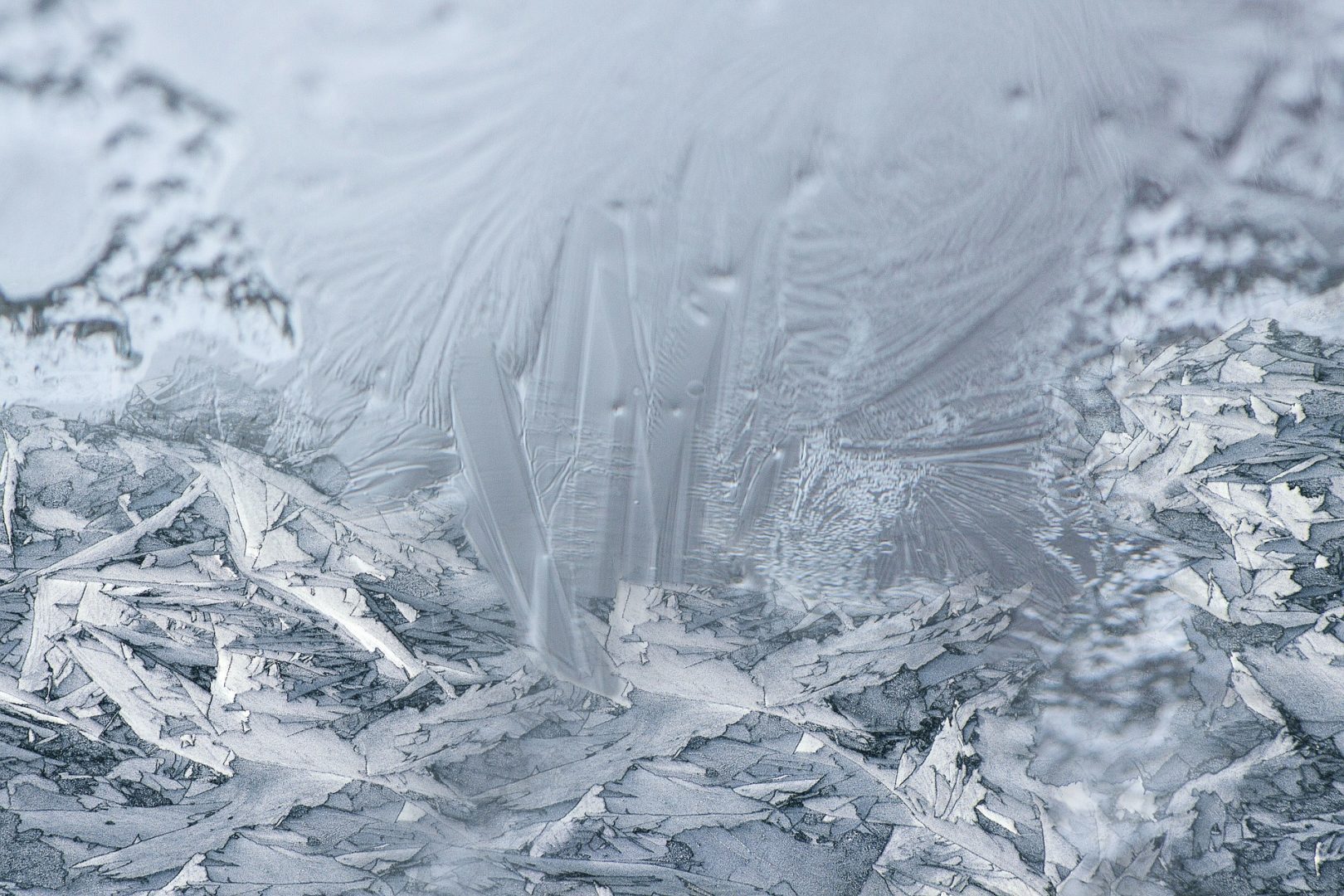The competitiveness of Europe’s maritime sector must be ensured
The new additional costs of winter navigation must be compensated to ensure European competitiveness.
As part of the European Green Deal, the FitFor55-Climate package proposes to extend emission trading to new sectors such as maritime activities. It is necessary that all industry sectors commit to achieving EU’s new CO2 emission reduction targets. There is however a world of difference between freight transport in winter conditions on ice covered waters compared to sailing in open waters only.
First, merchant ships operating in the Baltic Sea must be “ice-classed” ships to ensure safety at sea. They are built stronger and heavier to be able to navigate through sea ice. Due to the requirements related to the vessel’s power and structure, the fuel consumption of an ice-classed vessel even during the open-water season is higher than the consumption of the ship designed for open water conditions only. Second, operating in arctic conditions increases the vessel’s fuel consumption 20-60% in any case as it is moving across the ice-covered waters.
Consequently, ice-classed ships produce also more CO2 emissions both in open water and when navigating in ice. In the future emission trading will result in higher costs for the ice-classed ships that transport different kinds of important freight to EU’s internal and global markets. The competitiveness of the European shipping sector in general supports Europe’s competitiveness.
The importance of the maritime sector to Finland is greater than the sector’s size. Finland is as an island and around 85% of Finland’s freight is transported by sea. Finland is totally dependent on maritime freight and shipping must be possible year-round, also during the winter, to all Finnish ports.
The requirements and impacts of the navigation in arctic conditions increases costs significantly. To ensure a level-playing field between the ice-classed vessels and vessels designed to navigate in open water only, these requirements and impacts of the navigation in the arctic conditions must be permanently compensated in the EU ETS system.
